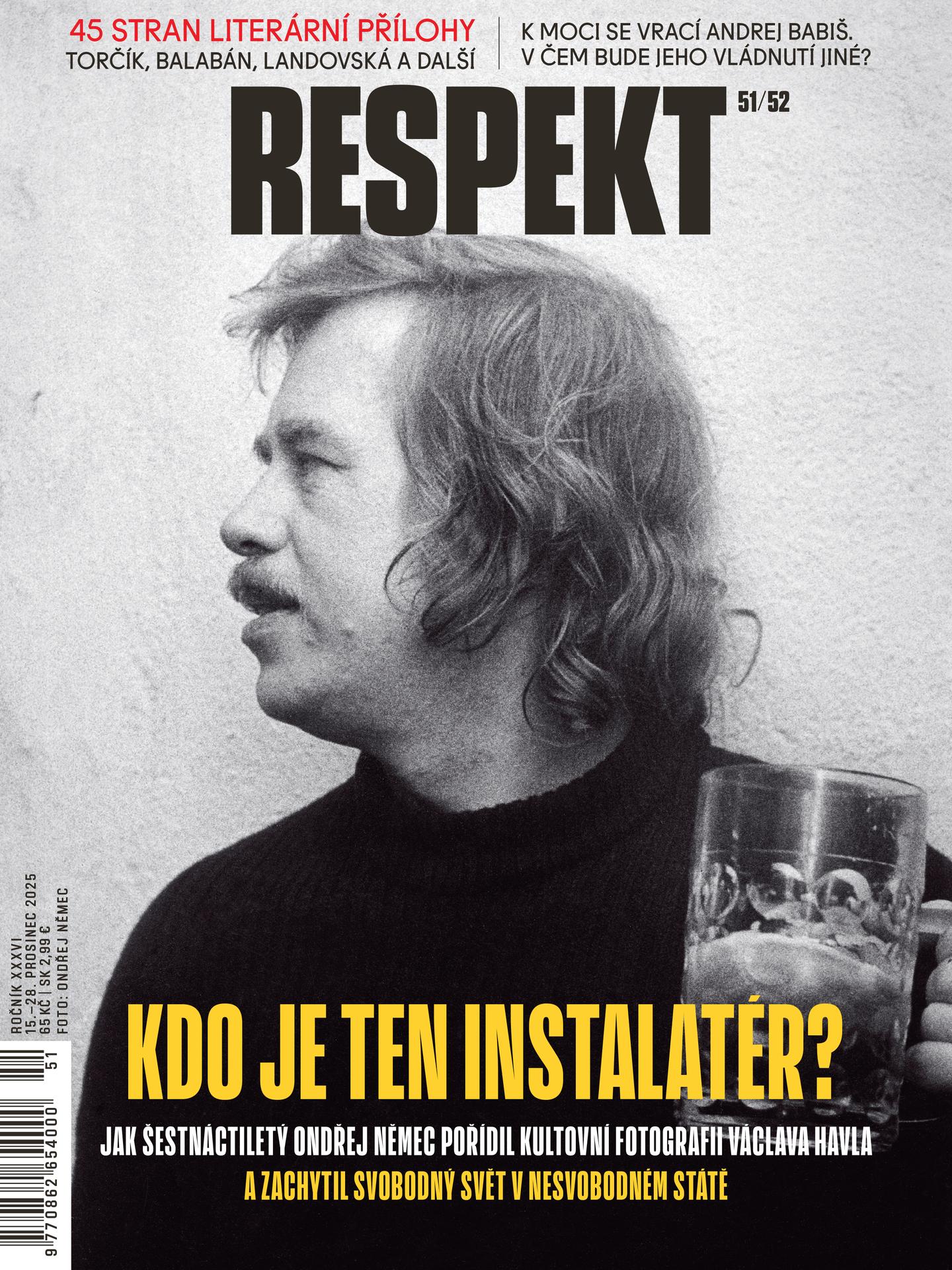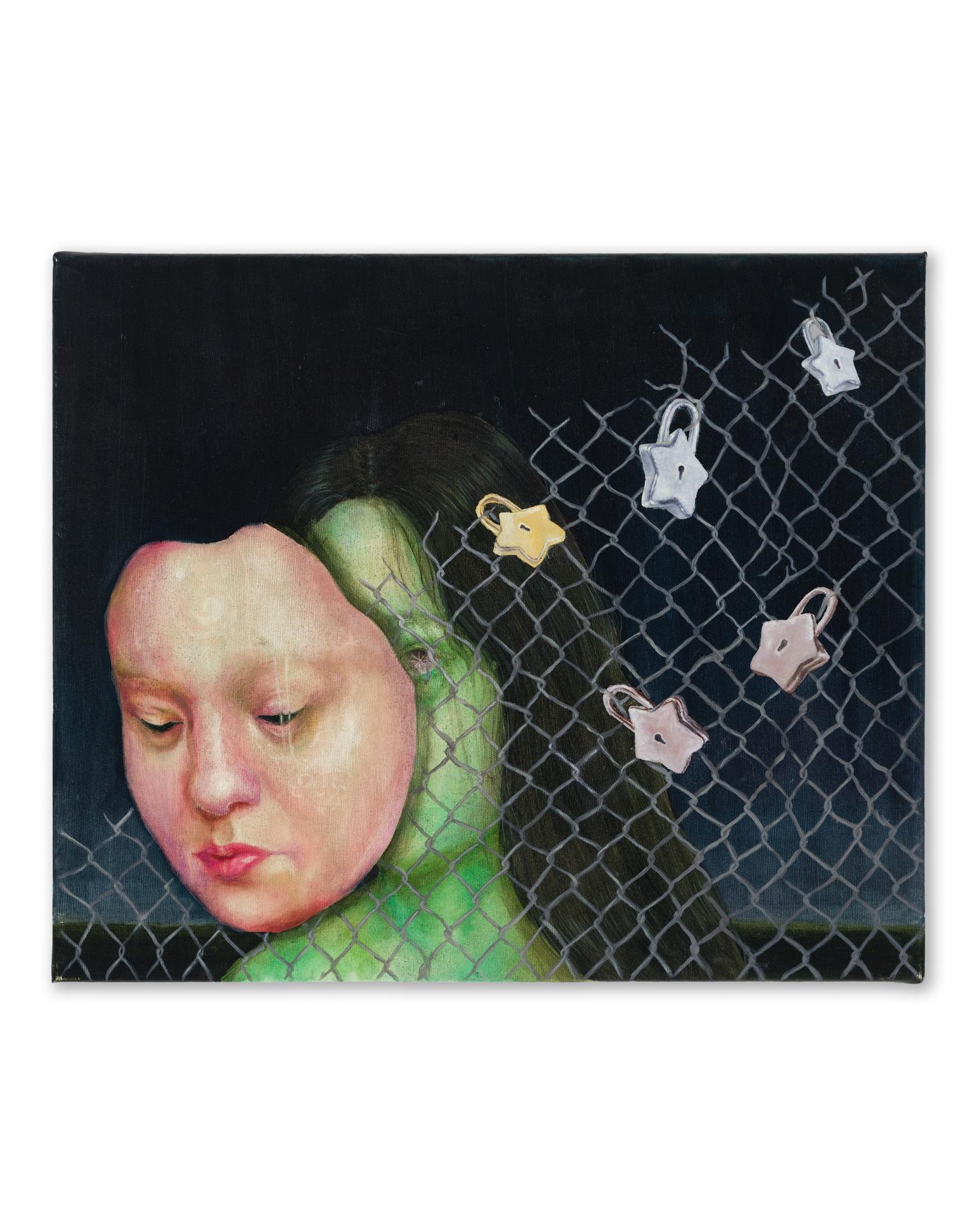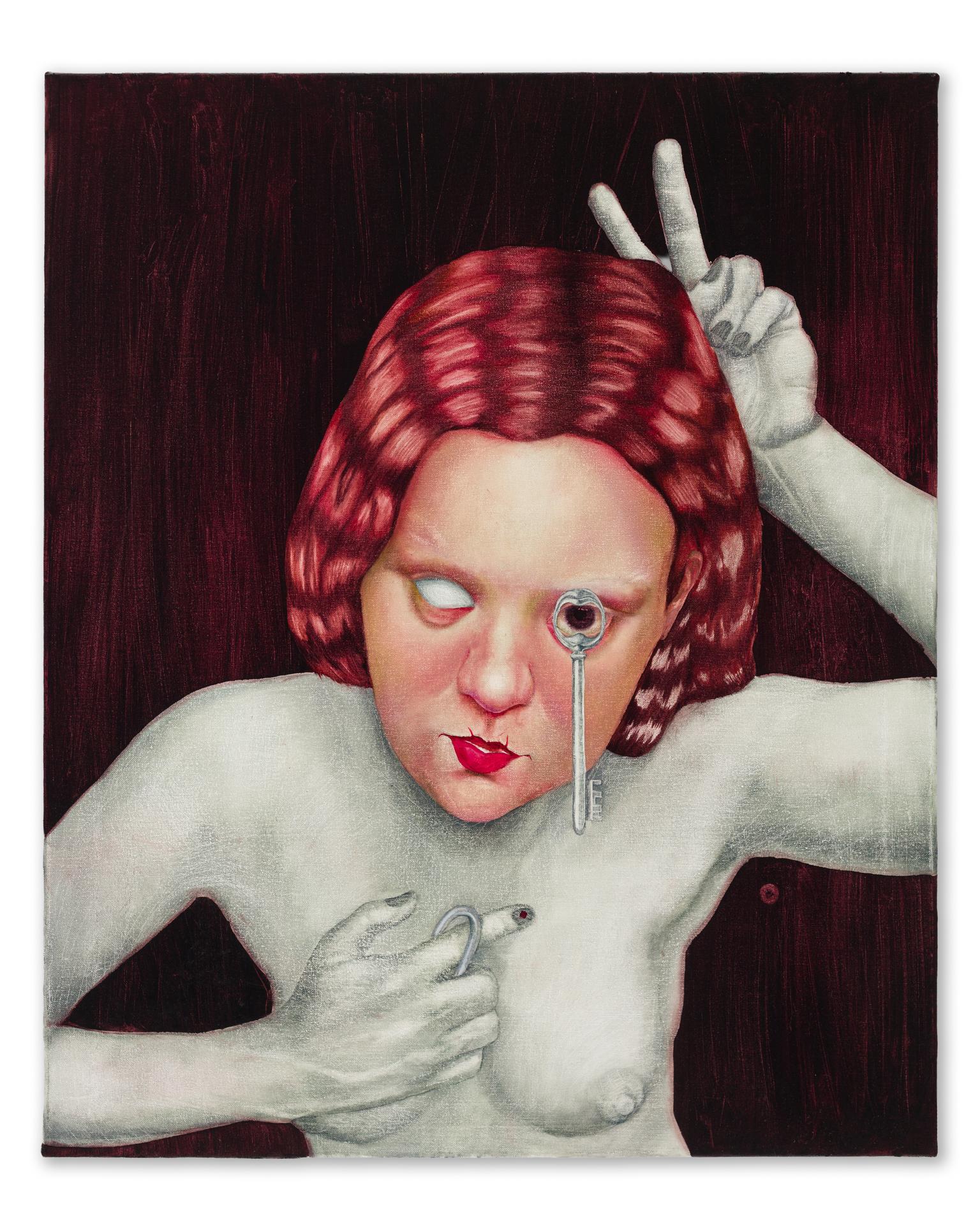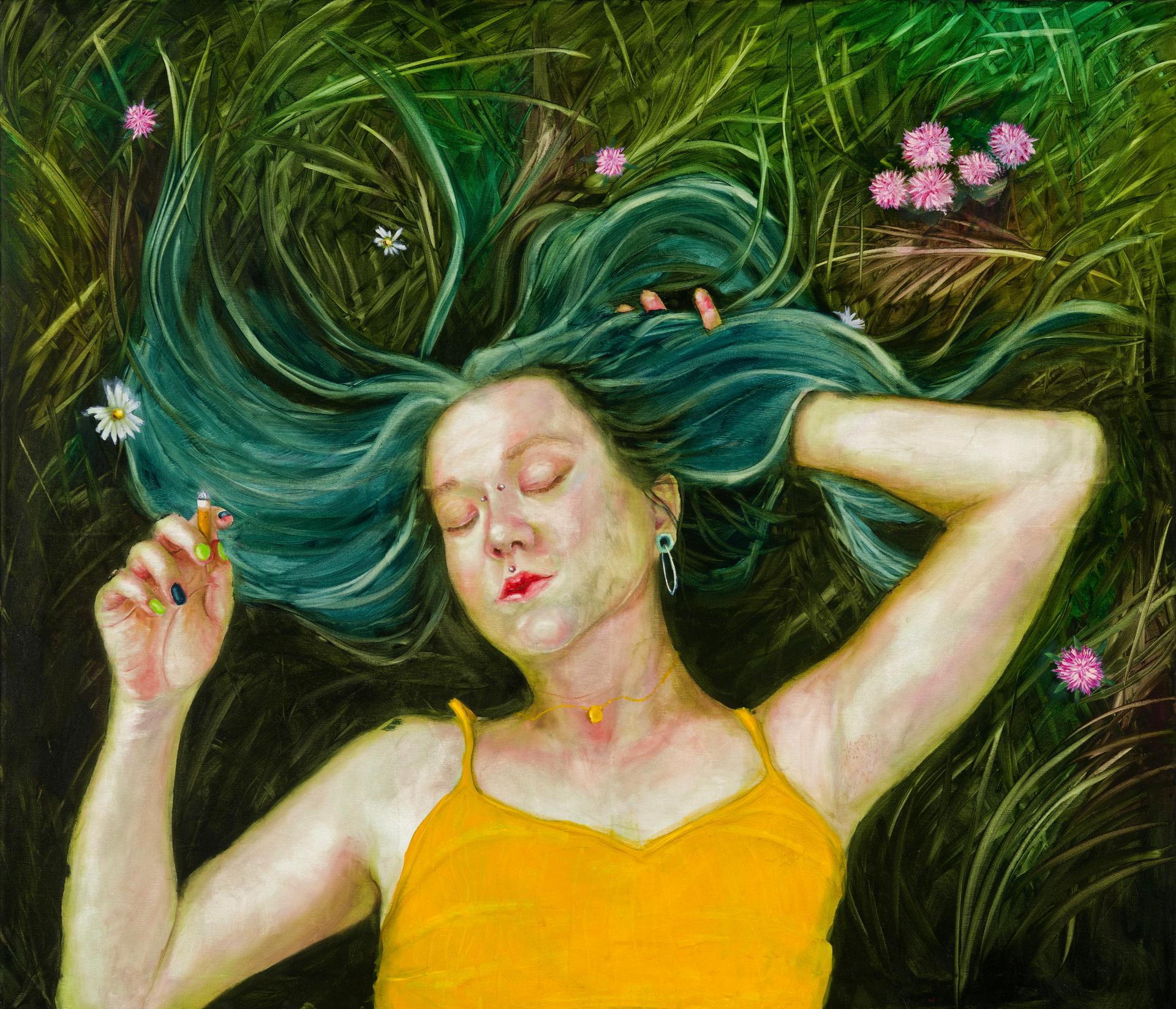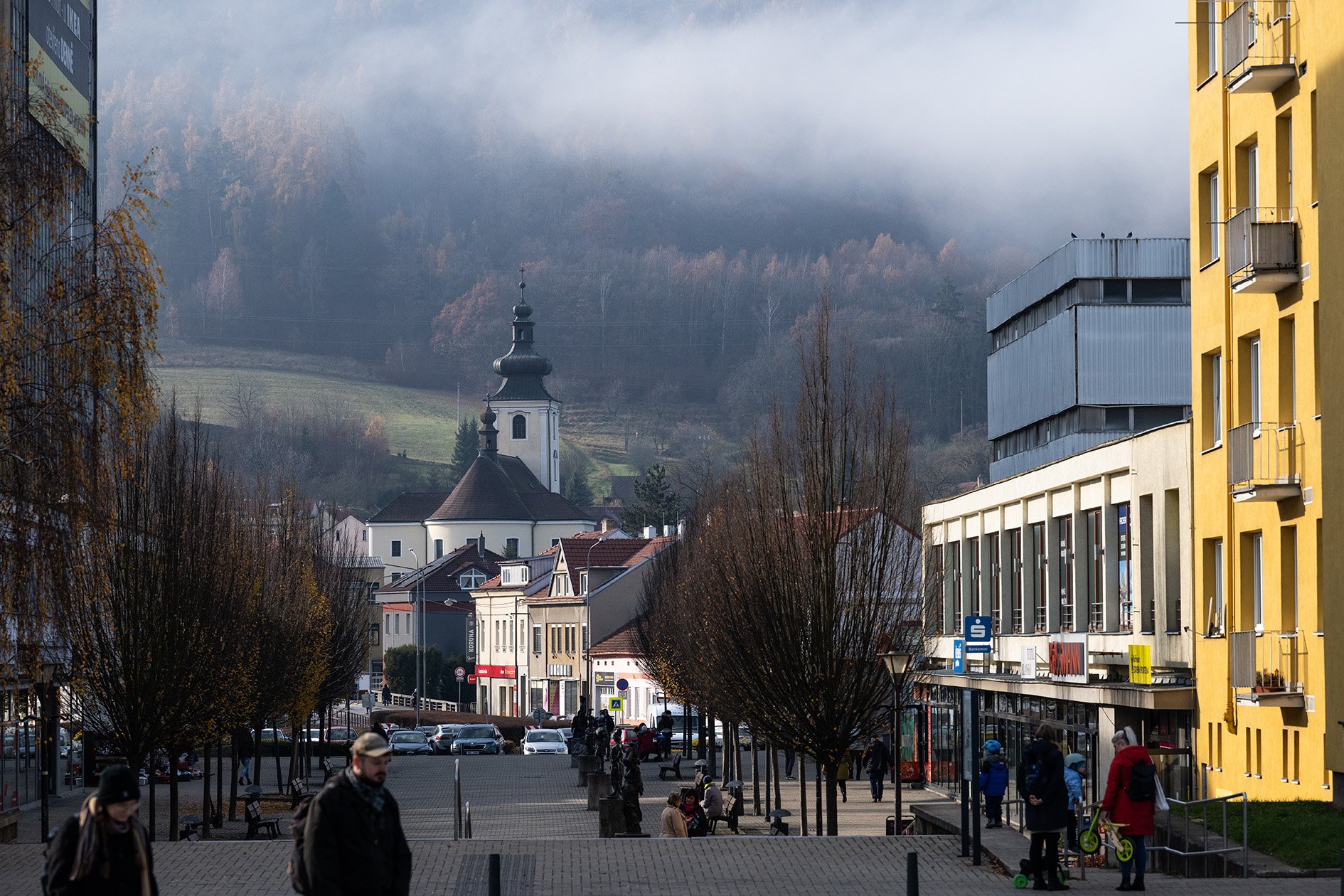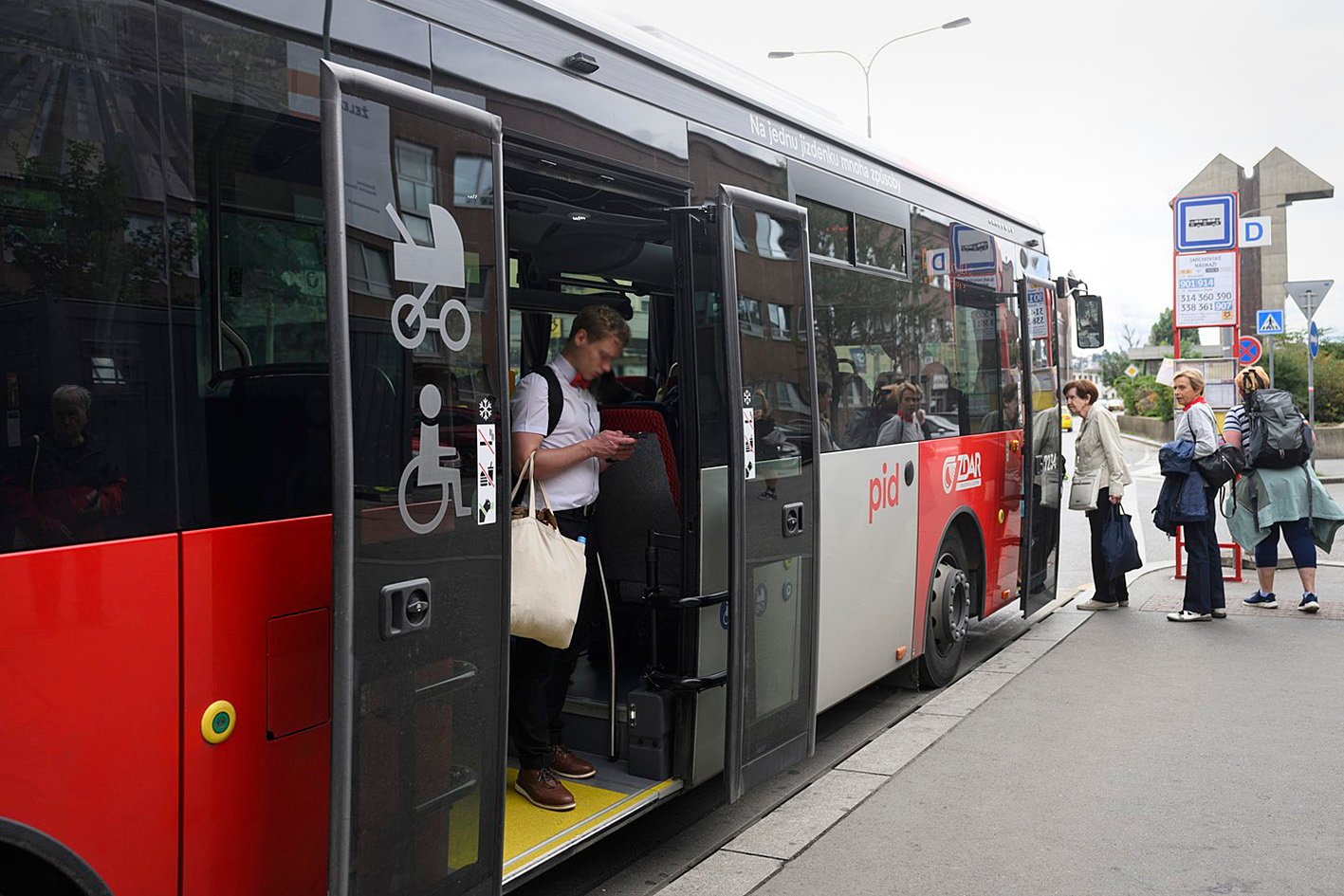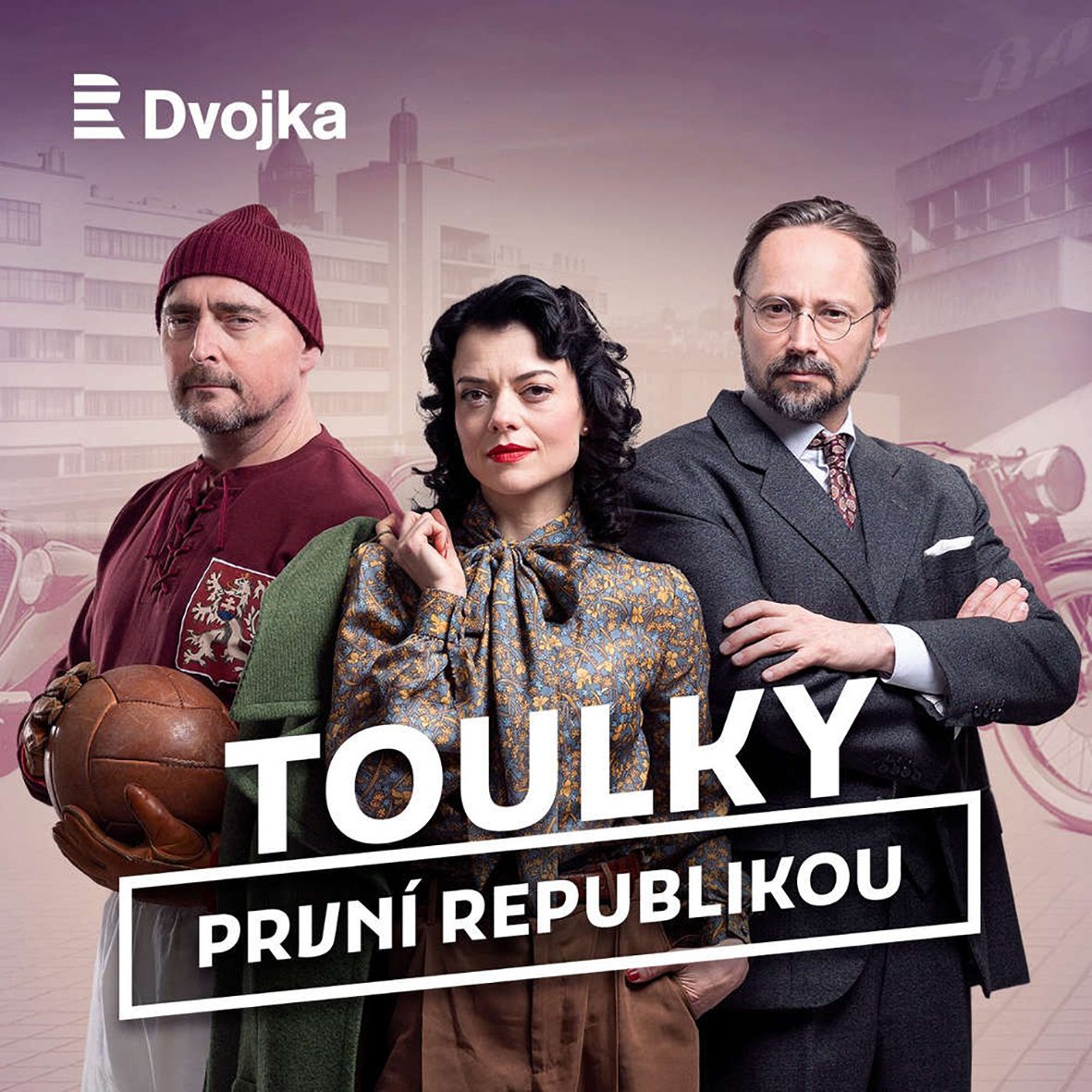You Have the Luxury of Being Eurosceptical
Respekt talks to four foreign correspondents in Prague about the Battle of White Mountain, Czech food and the dream some Czechs have of becoming the second Switzerland



Rudolf Hermann, correspondent for the Swiss newspaper Neue Zürcher Zeitung Martin Fabrice Plichta, correspondent for the French newspaper Le Monde
Douglas Lytle, correspondent for the Bloomberg agency Dinah Spritzer, freelancer, writes for The Jerusalem Post and The New York Times, and teaches at New York University in Prague
It's Christmas time, which, in as agnostic a state as the Czech Republic, is mainly about gifts and food. Do you have a favourite Czech dish?
Dinah: Czech Christmas cookies! I think it's God's invention. I'm Jewish and I guess the only thing that would force me to think about Ježíšek [Baby Jesus] is the cookies. The mother of my Czech boyfriend makes incredible Christmas cookies.
Martin: Great soups. Potato soup, goulash soup and the others. And roast duck with cabbage too.
Rudolf: I like almost every Czech dish that is homemade…
Douglas: …and feels like it was made by your mother-in-law. My Czech mother-in-law cooks in such a way that I can eat everything she prepares.
You all have been in this country for quite a long time. Is there anything like a Czech national character, a thing that would distinguish an average Czech from an average French person, American, English person, Swiss and so on?
Dinah: There's certainly something and it's most visibile in my students. These young guys are coming to Prague and at the beginning of every semester they would ask me the same questions. Why do they hate us, professor? Why are they so unfriendly? I'm supposed to say it's because of Communism but then they go, well, we were in Romania which had Communism too, and the Romanians were much more friendly.
Douglas: Much of what Dinah has described has probably to do with the former Austro-Hungarian monarchy. The Austrians aren't super warm at first sight either. And I guess it has much to do with the syndrome of a small town, small state. If you go to a local bar in a small town in the middle of the US people would stare at you the same way as the Czechs generally do at strangers, just because they haven't seen them before.
Rudolf: I'm always stunned how much the Czechs blame history for almost everything that happens to them. I haven't encountered that elsewhere. I talked to an Australian banker in Prague recently and already, after being here for a couple of months, she knows what the Battle of White Mountain [Bílá hora] was, an event from the early 17th century. She had to learn it since it was recurring in her conversations with the Czechs in the bank. It looks like history left a big scar on the Czech soul and it doesn't seem to have healed.
Martin: I have been thinking about it quite a lot and I came to the conclusion that people are the same everywhere. They want a happy family, a car, nice holidays, time to meet their friends. The Czechs are probably more reserved than the Slovaks at first contact but then they are OK. Especially if one knows a few words in Czech, the doors open easily.
The foreign press spends a lot of time covering Czech euroscepticism. Are we, in your opinion, more eurosceptical than our neighbours, or is it only a section of the political elite that is so eurosceptical?
Martin: The Czechs are sceptical about everything and especially about everything that isn't Czech. That is the core of your euroscepticism.
Douglas: There was a nice comment in Lidové noviny recently, in which the author made a point that if there was a referendum about beer, six out of 20 Czechs would be against it. It nicely illustrates what Martin has just said.
Rudolf: I don't think you're much more or much less eurosceptical than, say, the Poles or the Slovaks. What makes the difference here is the rhetoric of President [Václav] Klaus and the fact that he is so popular. Also, you have the "luxury" of being eurosceptical. There are loud eurosceptics in the Baltics as well but it doesn't chime with the political elite. The Latvians and the others know that if they don't belong to Western structures, including the European Union, the Russians would step in and take them. The Czechs don't feel it in such a black-and-white way.
Why do you think President Klaus is so popular?
Dinah: He is the opposite of an average Czech. The average Czech is told to be humble, not to talk out of turn, not to be too outspoken. President Klaus is an extremely self-confident man, he doesn't hide it and some people may find that appealing.
Rudolf: He is the best political strategist in this country. He has a sense for what the common man thinks, and he knows how to implement it in his political rhetoric.
Martin: President Klaus is the biggest disaster for this country. It's a tragedy that he was given so much space for his views. That would be my comment. The Czech Republic would have already had a much more respected place in Europe if it hadn't been for him.
Quite a number of Czech politicians dream about us becoming "Switzerland number two" – to have all the trade agreements with the EU but not to be a member of it. Can this dream come true, Rudolf?
Rudolf: If the Czechs had the Alps, and controlled the transit over them, then why not, since transit is a powerful tool, a leverage. Or if you had the Swiss banks. But you don't. You're too open an economy and too easy a country to cross, to conquer. Switzerland is much more protected from the outside world and the Swiss like to look at themselves in this way. They say "our way is to stay outside." And it has been like that since the 16th century.
Dinah: Just wait for the last Swiss glacier to melt down. Then you'll find the EU attractive!
Douglas: That's true. The same goes for the Norwegians and their gas.
You all live in Prague. Is it a nice city to live in?
Dinah: The best place I have ever lived. I like the size of Prague, the fact that it's not too big, not too small. And contrary to what I've said before I find the people in Prague very tolerant and very friendly. People here are not so obsessed with money – like they are in New York, for example. There isn't such a terrible pressure on women to be financially independent, successful and, at the same time, look like supermodels. I enjoy living among people whose priority is family, time spent with their friends and not so much the amount in their bank account.
Douglas: As someone who has a house in Prague and has been living here a long time, I wish Prague was closer to that idealistic image that Dinah has described and not so close to the to the red-light district of Amsterdam. I wish there weren't so many hernas [gambling bars], non-stop bars and brothels. I wish Prague was closer to Berlin, with more modern art on the streets, more trees, less waste. And I wish people in Prague cared more about it.
Martin: Prague and the whole Czech Republic are nice places to live. Pretty, small enough, there's everything – apart from the sea. But there is a risk it may change for the worse. Prague is overloaded with cars, there are many new buildings that spoil the city and the city is losing its mystique. And people here don't protest about it. Czechs, or at least inhabitants of Prague, should stand up and let their opinions be heard.
Pokud jste v článku našli chybu, napište nám prosím na [email protected].

